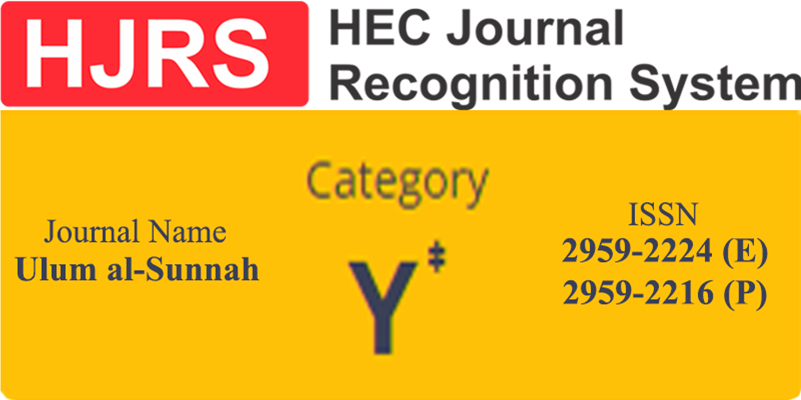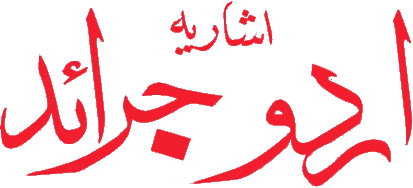طرق التزکیة في عصرنا الراھن لطلبة العلم وعامة الناس في ضوء الكتاب والسنة
Methods of Purification in Current Era for Students and General Public in the Light of Qur’an and Sunnah
Keywords:
Self-Purification, Tazkiyah, Islamic Ethics, Spiritual Growth, Contemporary Challenges, Qur’an, SunnahAbstract
This study explores contemporary methods of self-purification (Tazkiyah) for students of religious knowledge and the general public in light of the Qur’an and Sunnah. It examines the significance of spiritual purification as a fundamental principle in Islam, emphasizing its necessity in an era overwhelmed by distractions and moral challenges. The research delves into the role of the heart and soul in achieving self-discipline, highlighting how internal purification leads to overall righteousness and success in both this world and the Hereafter. It further discusses the impact of modern distractions such as social media, unethical content, and materialism, which obstruct spiritual growth. The study presents practical approaches to self-purification, including adherence to daily prayers, seeking beneficial knowledge, avoiding negative influences, and maintaining self-discipline through remembrance of Allah and ethical conduct. Drawing from Islamic scholarship and prophetic traditions, the research provides a comprehensive framework for fostering spiritual well-being in contemporary society. This study contributes to the ongoing discourse on ethical and spiritual development, advocating for a balanced approach that integrates religious teachings with modern challenges.
Downloads
Published
How to Cite
Issue
Section
License
Copyright (c) 2025 Hafiz Saif ur Rehman, Arhan Ehsan, Akhlaq Ahmed

This work is licensed under a Creative Commons Attribution-NonCommercial 4.0 International License.
This is an open-access journal which means that all content is freely available without charge to the user or his/her institution. Users are allowed to read, download, copy, distribute, print, search, or link to the full texts of the articles, or use them for any other lawful purpose, without asking prior permission from the publisher or the author. All articles are available on the internet to all users immediately upon publication. Non-commercial use and distribution in any medium are permitted, provided the author and the journal are properly credited.










 Research Journal Indexed by Google Scholar
Research Journal Indexed by Google Scholar